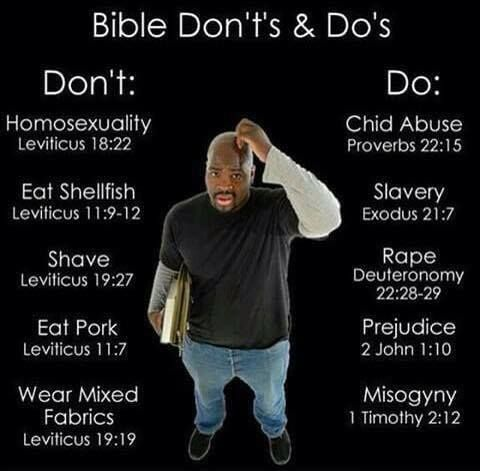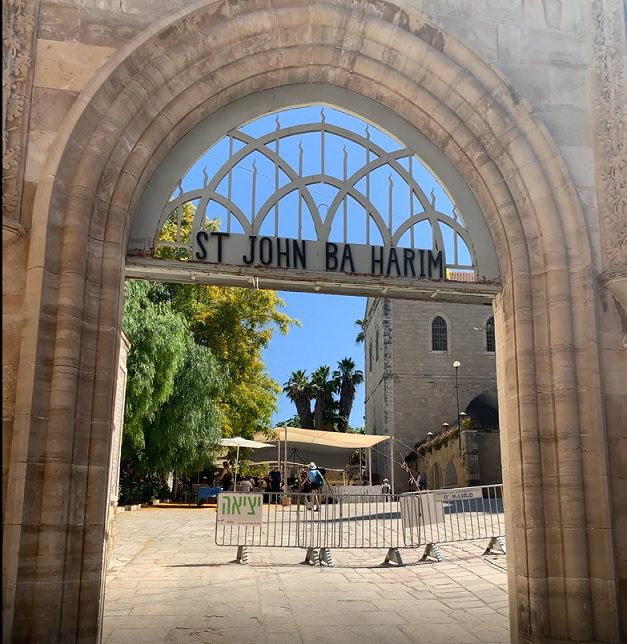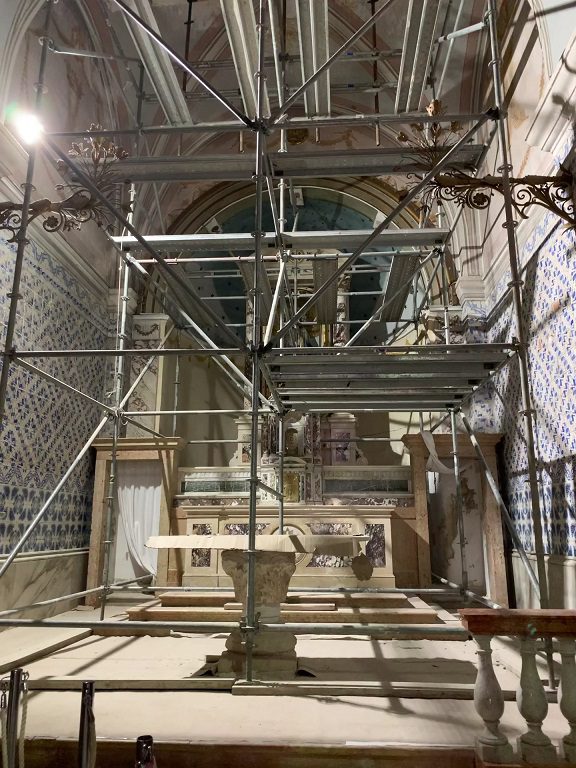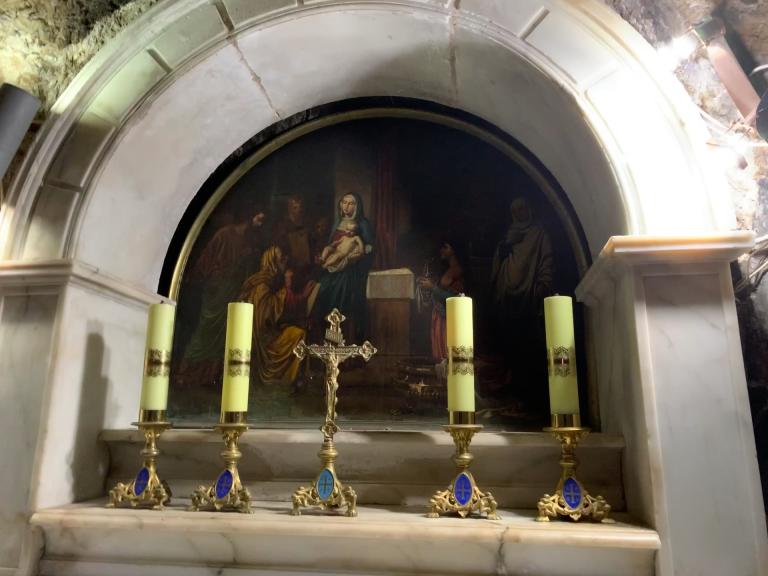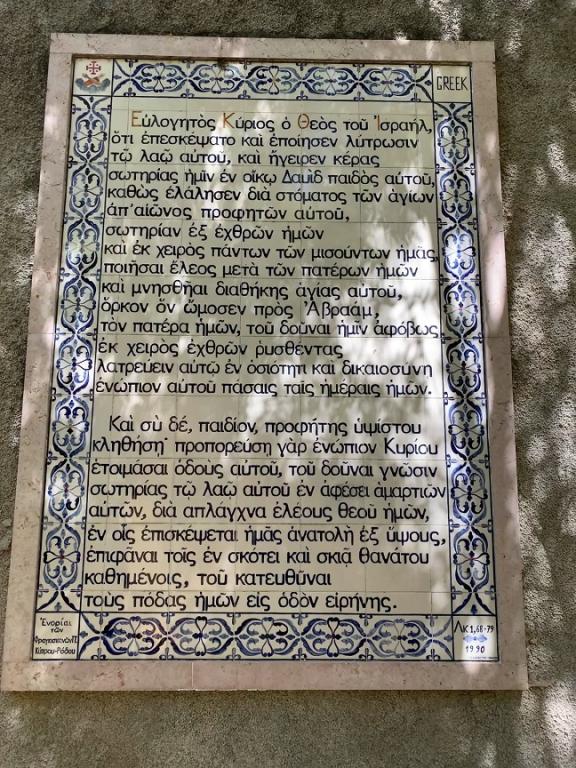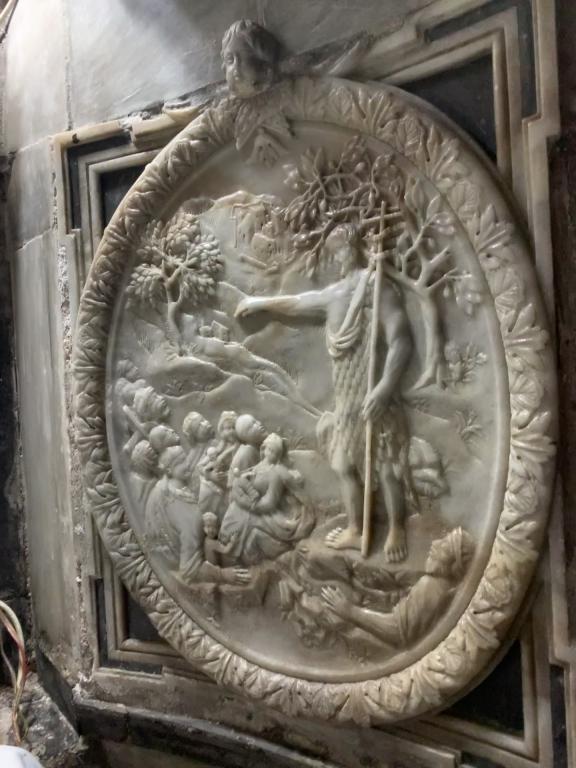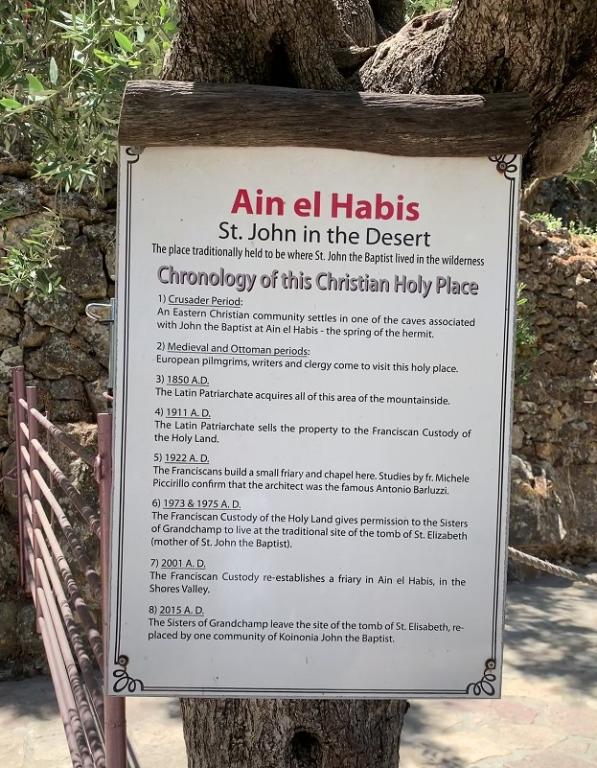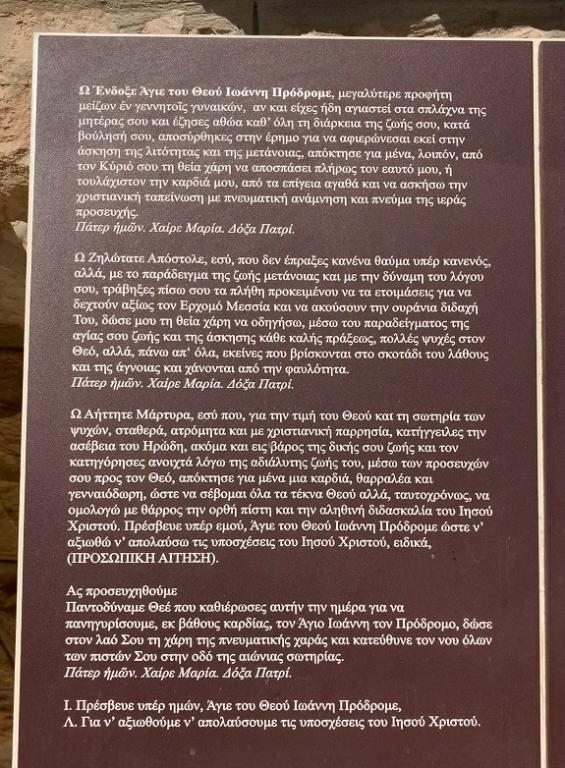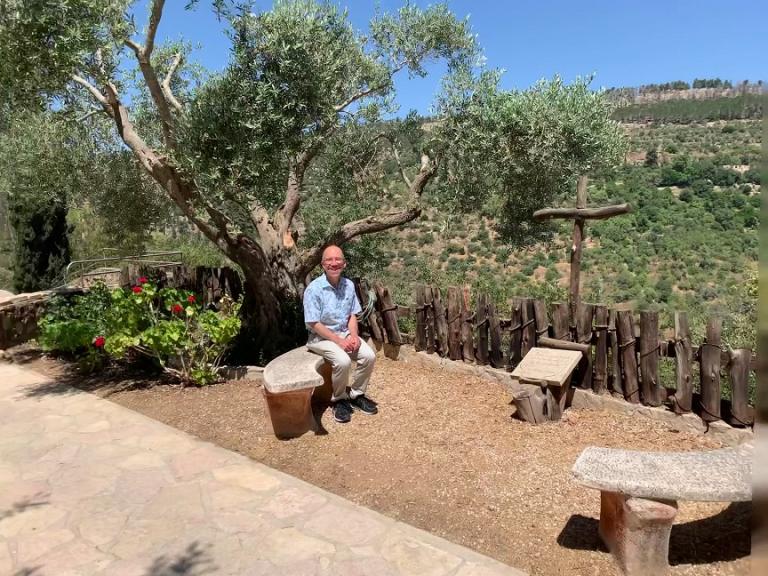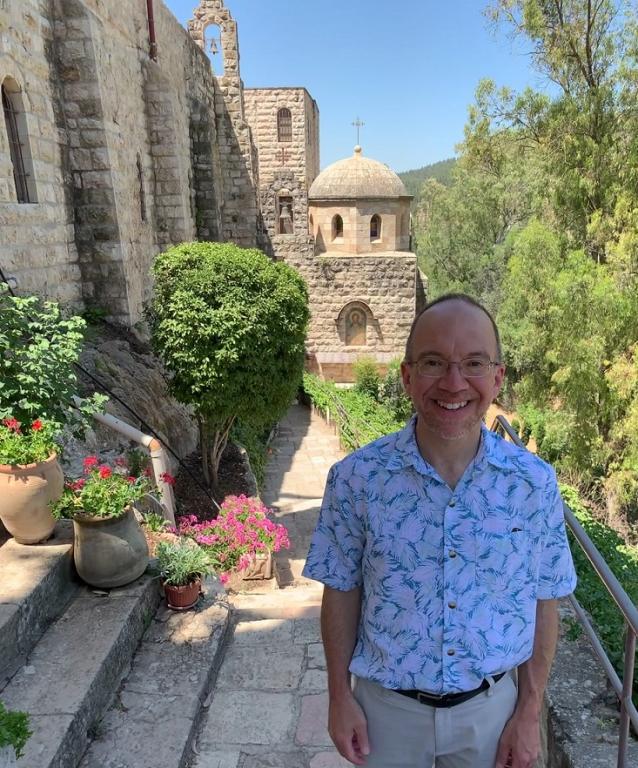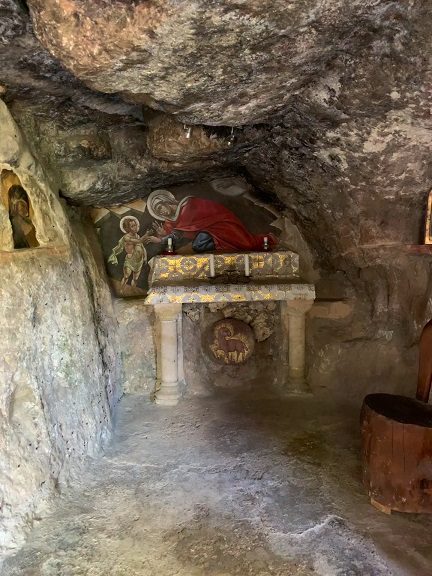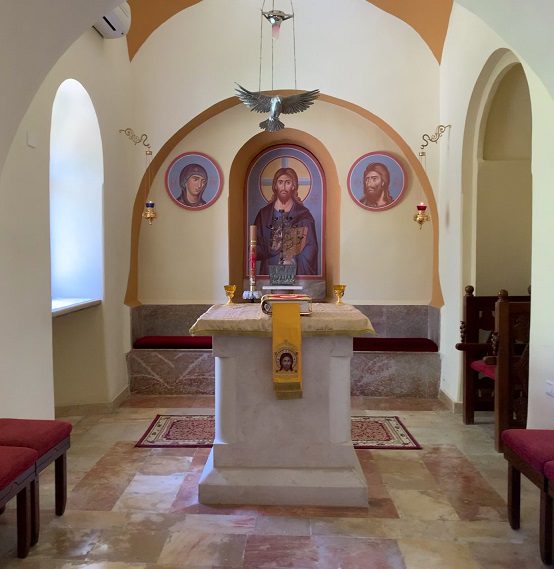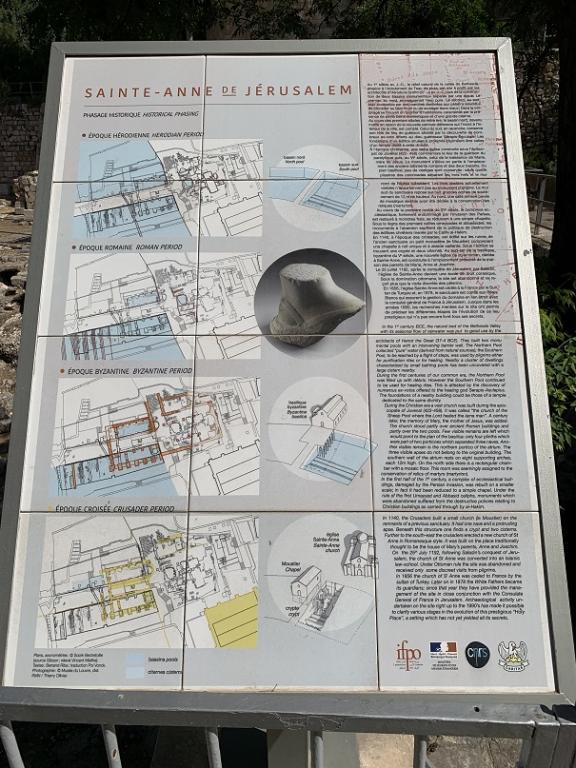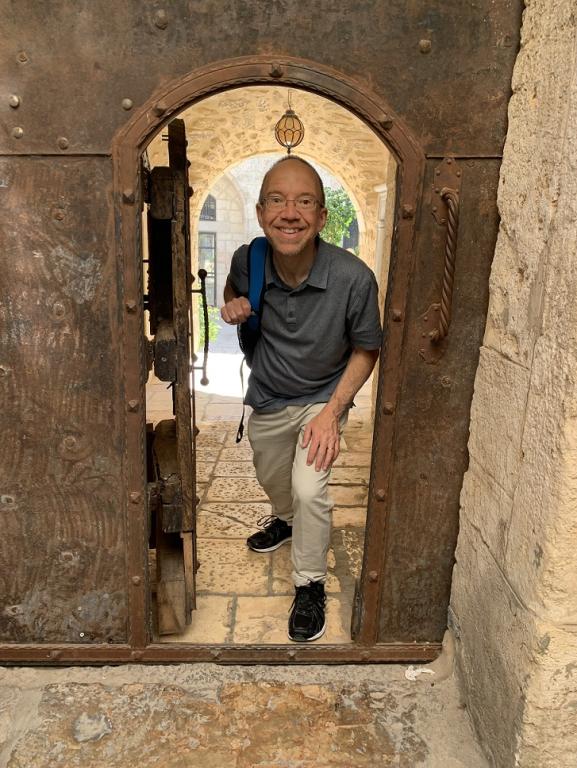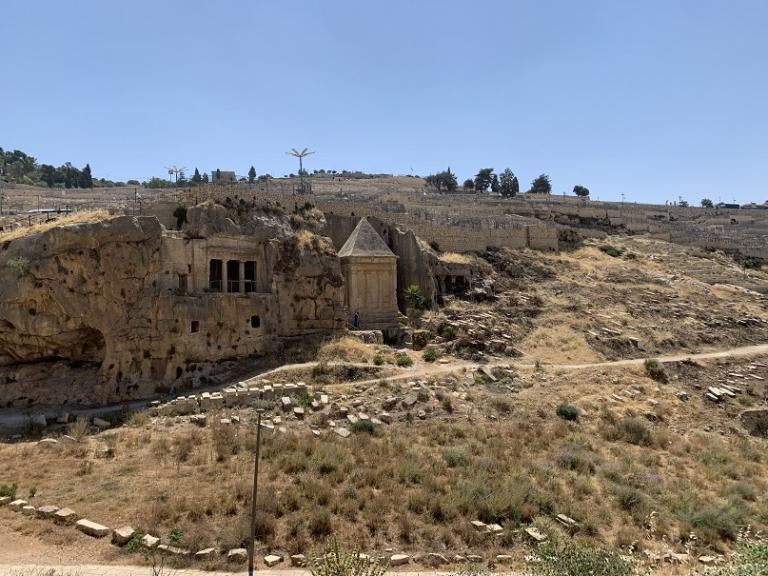Back on May 1, 2022, Franklin Graham, CEO of the Billy Graham Evangelistic Association, posted an article in Decision Magazine titled, “The Eternal Peril of Progressive Christianity.” In this article, Graham expressed many poignant statements about the progressive Christian movement and numerous unsubstantiated allegations, including that it is “no gospel at all.”
This soon was followed by a social media blitz that blasted: “Progressive Christianity is dangerous for your soul.” Subscribers to the post received an email with a free (donation requested) PDF document titled, “Progressive Christianity Can Lead You to Hell.”
The PDF includes Graham’s aforementioned article along with Alisa Childers’ recommendations to counter progressive Christianity, Al Mohler’s remarks about theological liberalism, Michael Brown’s call to spiritual warfare, and Erwin Lutzer’s caution about “making the door wider” to be inclusive.
It is apparent that these authors are creating a straw man to demonize. If you build it, you can certainly tear it down.
This is a common tactic among fundamentalists, who seem to be discontent with merely preaching the gospel and need to have someone to theologically villainize and verbally assault. Graham, and others like him, expend their resources to malign other Christians whom they believe follow “a godless liberal media” and are “bent on casting doubt and undermining the foundational principles of God’s word.”
“This is a common tactic among fundamentalists, who seem to be discontent with merely preaching the gospel and need to have someone to theologically villainize and verbally assault.”
So, let us examine the actual views espoused by progressive Christians and see if they align with the allegations expressed by Graham and his cohorts. While there is a large spectrum of views held among adherents of progressive Christianity (as in most religious communities), the following are the eight points of progressive Christianity and the comparable statements from Graham’s article. Since progressive Christianity is not a denominational entity, the following statements are not creedal. Thus, proponents of the movement may agree with or vary from the perspectives provided here from progressivechristianity.org:
“By calling ourselves progressive Christians, we mean that we are Christians who:
“Believe that following the path and teaching of Jesus can lead to an awareness and experience of the Sacred and the Oneness and Unity of all life.”
Graham cites Paul’s description of the gospel in 1 Corinthians 15:1-4, which identifies the death, burial and resurrection of Jesus as central to the gospel of Christ. Moreover, he applies “the exact same warning” of Galatians 1:6-9 to the advocates of progressive Christianity. He infers that just as Paul called down a curse on those who preach a “different gospel,” so must modern-day preachers (like himself) condemn the false teaching of progressive Christianity.
Even though Paul’s strong rebuke to Christians in Galatia is over an unknown issue, Graham’s hermeneutic emboldens him to weaponize the passage against people who (as stated above) seek to follow the path and teaching of Jesus.
“Graham’s hermeneutic emboldens him to weaponize the passage against people who seek to follow the path and teaching of Jesus.”
Jesus called his followers to a sacrificial life of self-denial and cross-bearing. This true way of living is found in the Jesus whom progressive Christians affirm and seek to follow. The centrality of the atoning death and resurrection life of Jesus is exemplified, not ignored, by progressive Christians, who seek to live in the others-first way modeled and commanded by the Lord.
“Affirm that the teaching of Jesus provide but one of many ways to experience the Sacredness and Oneness of life, and that we can draw from diverse sources of wisdom in our spiritual journey.”
Graham cites Paul, who certainly gave additional, interpretive explanation on the teachings of Jesus. Paul even suggests that God’s “invisible qualities, eternal power and divine nature” leave us without excuse to relate to and experience God (Romans 1:20). It is not, as Graham claims, “undermining the foundational principles of God’s word” to affirm that the Spirit of the creative God continues to move, direct and use everyday experiences to guide us to the wisdom of God on our spiritual journey.
“Seek community that is inclusive of ALL people, including but not limited to: conventional Christians and questioning skeptics, believers and agnostics, women and men, those of all sexual orientations and gender identities, (and) those of all classes and abilities.”
Graham, and others like him, accuse “proponents of progressive Christianity (of) twist(ing) and distort(ing) the truth of God’s word on sexuality, focusing on such nonsensical trends as gender identity.” He continues, “They deny God’s distinction of the sexes, and instead invent their own misguided standards, unguided by the word of God.”
While many in the progressive Christian movement may differ in their interpretation of God’s word on passages of the Bible, including but not limited to passages that may refer to sexuality, it is commonly done so with an intentional exegesis of the biblical text and not to distort the Bible with nonsense. Progressive Christianity attempts to understand the historical background and culture, the genre and literature, and the deeper complexities of the Bible, which leads to a greater appreciation, a more contemplative understanding, and a stronger application to the Christian life.
“Know that the way we behave toward one another is the fullest expression of what we believe.”
Graham says progressive Christianity is not “forward thinking” but regresses into “unbiblical thinking and living.” Yet there is nothing more rooted in the teachings of Jesus than to live out a devotion for God through loving others.
Progressive Christianity is not an attempt to develop a new way of living the Christian life; rather, it is an effort to live out the Christological worldview, steeped in the Jewish teachings in Scripture to care for others, especially those in need (such as the widow, fatherless, poor and foreigner).
“Progressive Christianity emphasizes the importance of putting into practice what we preach and living by the biblical code of ethics Jesus modeled for us.”
The “new” commandment given by Jesus is to love one another as demonstrated by Christ’s love for us. Progressive Christianity emphasizes the importance of putting into practice what we preach and living by the biblical code of ethics Jesus modeled for us.
“Find grace in the search for understanding and believe there is more value in questing than in absolutes.”
Nine times in his writing, Paul speaks of the truth of God as a “mystery.” To oversimplify the Bible to black-and-white, clear-and-clean truth is to minimize the majesty of God to the finite nature of our limited comprehension.
Graham makes outlandish and unsubstantiated claims that progressive Christianity denies the deity of Christ or the fullness of the Trinity, which “can send a person to hell.” Progressive Christianity, as a whole, does not deny any such theological doctrine; rather, it embraces the mystery, leaving room for people to doubt, question and search for truth and application.
Loving God with all our mind and seeking to have the same attitude of Christ Jesus necessitate a humble embracing of our limited state and a yearning to grow through being teachable, striving to learn and accepting the divine as greater than what we can fully fathom.
“Strive for peace and justice among all people.”
Graham takes issue with progressive Christianity’s stance toward social and racial justice (which he admits the Bible addresses) because it “neglects the far more fundamental issue of God’s justice.” His fallacy here is an argument from silence; simply because progressive Christianity emphasizes the importance of social and racial equality does not preclude its adherents from affirming and advocating for divine justice.
For many progressive theologians, it is actually out of a deep recognition that how the marginalized are treated by Christians is a reflection of our devotion to God, the ultimate and only rightful judge of us all.
“Strive to protect and restore the integrity of the earth.”
Graham does not specifically address environmentalism in this article, but he does incorrectly state that progressive Christianity seeks to earn salvation through good works. Progressive Christianity does not deny the atoning work of Jesus on the Cross as the means of salvation. Instead, progressive Christians seek to live out a fruitful life of faith.
James reminds us that faith without works is dead, which does not mean our good deeds save us but that they should accompany the life of the saved. Hence, progressive Christians affirm the commission in the Garden of Eden in the opening chapters of the Bible to care for creation and all created things.
Graham also states that progressive Christianity “most frequently fails to see the ruinous consequences of mankind’s depraved, sinful state.” This is simply not true. Progressive Christianity identifies human greed as the cause behind climate change, bigotry to lie behind racism, and poverty to be perpetuated by indifference.
“The depravity of humanity is of utmost concern to progressive Christians, who value the care of our world and of people enough to dismantle systems that perpetuate sin.”
The depravity of humanity is of utmost concern to progressive Christians, who value the care of our world and of people enough to dismantle systems that perpetuate sin.
“Commit to a path of life-long learning, compassion, and selfless love.”
Graham charges, “Progressive Christianity denies the divinely inspired, authoritative truth of the Bible as it intersects every facet of living.” Yet, he gives no explanation to back this claim.
The most prominent progressive theologians and pastors affirm that the Bible is divinely inspired and authoritative. While fundamentalist and progressive theologians have widely debated the form of inspiration or the definition of infallibility of the Scriptures, it is a complete misrepresentation to state that only one side holds to a high view of the Bible. Furthermore, Graham’s claim that a more literal interpretation of the Bible is more “orthodox” denies the 19th century development of biblical literalism as a response to the previous centuries of the Enlightenment.
In sum, Graham’s concluding statement in his article is just as true for progressive Christians as it is for Graham and other conservatives: “Evangelicals need to guard the truth of genuine scriptural preaching and living, remaining true and bold about exactly what the Bible clearly teaches.” Such a statement begs the question raised by Pontius Pilate: “What is truth?”
Graham seems to have a decisively clear understanding of what he believes and thinks everyone else should hold as truth, but such presumption and self-righteousness is the very concern that leads many to a progressive approach.
Franklin Graham’s scare tactic that “progressive Christianity can lead you to hell” further illustrates the aversion many have to his approach to Christianity. Many people are leaving conservative Christianity not because they are dissatisfied with Jesus but rather because of the repulsive approach of people like Graham who are so unkind and degrading to others and who seek to align with the political establishment to gain power to propagate their version of faith.
This approach is too pharisaical and self-righteous for many, who are finding community in progressive Christianity. The outcome of such an approach will only continue to widen the chasm among followers of Jesus. Such divisions were the very concern that Jesus had in his priestly prayer, where he centered on praying for unity among his followers (John 17:20-21).
Jesus chose quite an eclectic group of disciples who had different approaches to life and faith. He brought them together amidst their differences to work for the expansion of a kingdom that is not of this world. Jesus continues to do the same today.
I hope and pray that as we leave behind the kind of divisive dichotomy espoused by Graham, we will beat our swords into plowshares, and we will unite together — for the love of God.

Patrick Wilson
Patrick Wilson has served as a pastor for 25 years in Dallas and Austin, Texas, and most recently in in Rolla, Mo., where he currently is starting a new community of faith, CrossRoads. He is a graduate of Baylor University, earned two master’s degrees at Southwestern Baptist Theological Seminary and a doctor of ministry degree from Logsdon Seminary.
Related articles:
Franklin Graham says he’s not a preacher of hate, so let’s roll the tape and see | Opinion by Rodney Kennedy
Why is anybody still giving money to Franklin Graham? | Opinion by Mark Wingfield




































